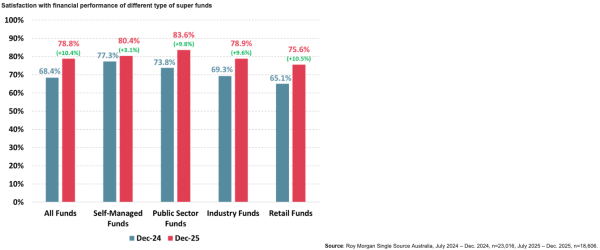Small business needs phase-in for pay day super

Large companies should be first cabs of the rank in delivering on pay day superannuation, with smaller companies allowed a phased approach, according to the Institute of Public Accountants (IPA).
The IPA has told the Government that while it supports the policy intent behind pay day superannuation, the current time-frame of “all-in on 1 July 2026” is too challenging for smaller companies.
“Paying super is far more complex than paying wages, and anyone who refers to it as simple needs to look under the bonnet to understand the complexities,” IPA Senior Tax Advisor, Tony Grego said. “Payday Super will also apply to certain contractors under the extended definition of employees for super guarantee purposes.”
“Small businesses are not opposed to reform, but they need sufficient time and support to adapt their payroll policies and systems, align with software updates, adjust their cashflow budgets and ensure super payments can flow smoothly through every layer of the system,” Greco said.
“The 270,000 current users of the free ATO’s clearing house, which are all small businesses, will also need time to transition to a commercial clearing house,” he said.
The move from paying super guarantee quarterly to after each payroll event will impose a significant cashflow impost and additional administrative costs for small businesses as they transition.
He said the IPA is calling for a phased implementation, under which larger employers would implement Payday Super first and allow small employers an extra year to transition.
“The government’s current approach risks creating compliance pressure and unfair penalties for employers who are doing their best to comply,” Greco said.
“Without appropriate timeframes and cost support, the burden on small business will be disproportionate, particularly for employers who currently pay their employees on a weekly basis.”
Payday Super is a significant reform and, like Single Touch Payroll, deserves a staggered implementation approach. Payday Super requires large-scale information and communications technology infrastructure and system upgrades across the economy, including employers, software providers for digital contribution processing,











If a business can’t pay its super obligations on time (and we’ve all known this obligation would be enforced sooner rather than later, after many years of to-ing and fro-ing) then it should not be in business! Can you imagine not paying (say) Microsoft or even your PI cover on time??? Your staff should be the first priority, not the last.